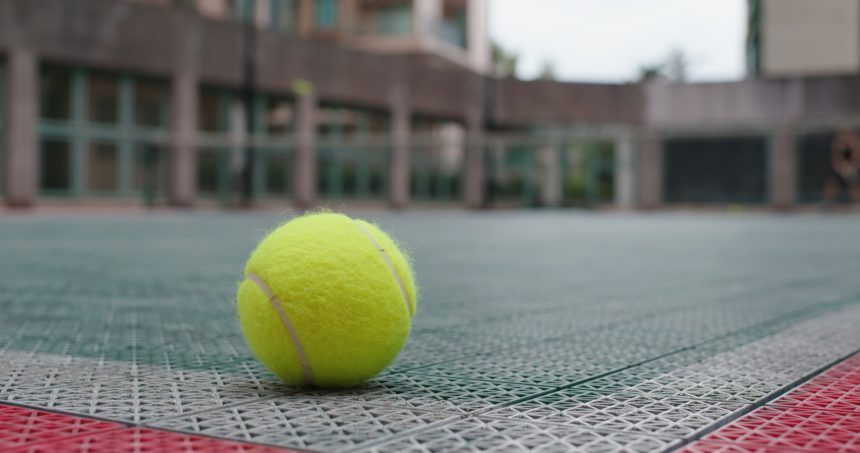The Importance of Mental Training in Tennis
Tennis is often perceived as a physical sport, where strength, speed, and agility dominate the conversation. However, the mental aspect of the game is equally, if not more, crucial for success. Mental training in tennis encompasses various techniques aimed at enhancing focus, resilience, and emotional control. This article delves into the significance of mental training in tennis, exploring its benefits, techniques, and real-world applications.
Understanding Mental Training
Mental training refers to the practice of developing psychological skills that enhance performance. In tennis, where matches can last for hours and the pressure can be immense, mental fortitude is essential. Players must navigate not only their physical capabilities but also their mental state, which can significantly influence their performance on the court.
Benefits of Mental Training
The advantages of mental training in tennis are manifold. Here are some key benefits:
- Improved Focus: Mental training helps players maintain concentration during matches, allowing them to execute strategies effectively.
- Enhanced Resilience: Players learn to cope with setbacks, such as losing a crucial point or match, which is vital for long-term success.
- Emotional Control: Managing emotions, such as anxiety and frustration, can lead to better decision-making and performance under pressure.
- Increased Confidence: Positive visualization and self-talk can boost a player’s self-belief, which is essential for high-stakes matches.
Techniques for Mental Training
Several techniques can be employed to enhance mental training in tennis. These include:
- Visualization: Players visualize successful shots and match scenarios, which can help them prepare mentally for real-life situations.
- Mindfulness Meditation: Practicing mindfulness can improve focus and reduce anxiety, allowing players to stay present during matches.
- Goal Setting: Establishing clear, achievable goals helps players maintain motivation and track their progress.
- Positive Self-Talk: Encouraging oneself through positive affirmations can counteract negative thoughts and boost confidence.
Case Studies: Success Stories in Mental Training
Numerous professional players have recognized the importance of mental training and have integrated it into their routines. For instance:
- Novak Djokovic: The Serbian tennis star has openly discussed his use of mindfulness and meditation to enhance his focus and emotional control. His mental resilience has been a key factor in his numerous Grand Slam victories.
- Maria Sharapova: Sharapova utilized visualization techniques to prepare for matches, allowing her to perform under pressure effectively. Her mental training contributed to her success as a five-time Grand Slam champion.
Statistics Supporting Mental Training
Research supports the notion that mental training can significantly impact athletic performance. A study published in the Journal of Sports Sciences found that athletes who engaged in mental training showed a 20% improvement in performance compared to those who did not. Furthermore, a survey conducted by the Association of Tennis Professionals (ATP) revealed that 70% of professional players believe mental training is as important as physical training.
Implementing Mental Training in Practice
For aspiring tennis players, incorporating mental training into their practice routines can be transformative. Here are some practical steps:
- Dedicate time for mental exercises during practice sessions.
- Work with a sports psychologist to develop personalized mental training strategies.
- Incorporate visualization techniques before matches to enhance performance.
- Practice mindfulness exercises to improve focus and reduce anxiety.
The importance of mental training in tennis cannot be overstated. As the sport continues to evolve, the mental aspect will play an increasingly vital role in determining success. By focusing on mental training techniques such as visualization, mindfulness, and positive self-talk, players can enhance their performance, resilience, and overall enjoyment of the game.
Discover expert insights and resources for health, sport, and fitness on suplab.co.uk. Whether you’re seeking inspiration for a healthier lifestyle or tips to improve your physical performance, the platform offers valuable information tailored to your goals.
